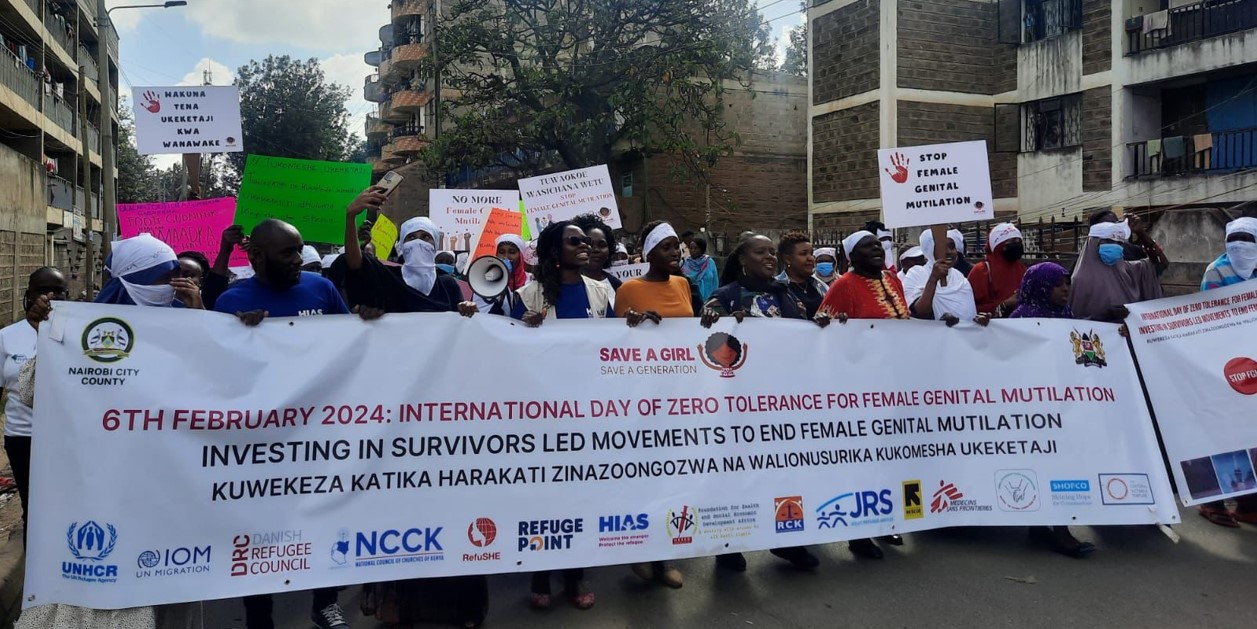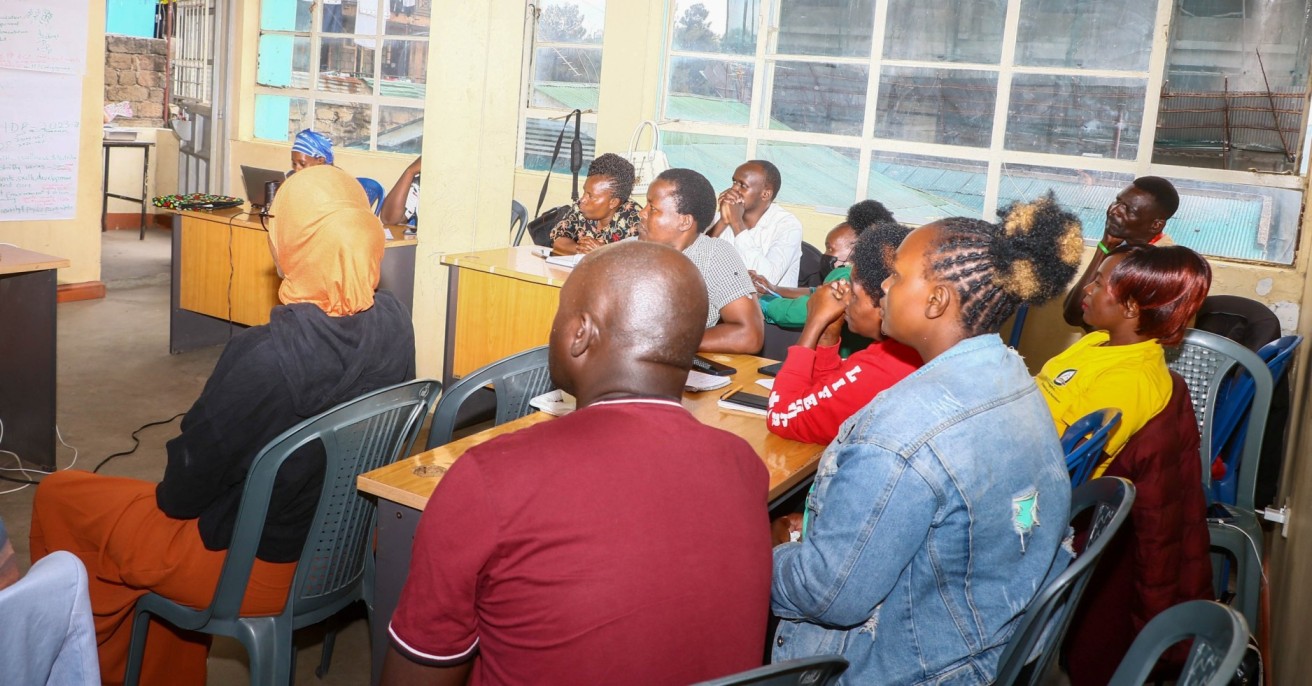Report warns Kenya losing skills as more students prefer studying, working abroad

The report says that students prioritise opportunities to gain work experience while studying, alongside financial aid and scholarship availability.
Kenya could face a growing loss of skilled workers as more students opt for higher education abroad, a new report has found.
According to the African Leadership University (ALU), nearly half of Kenyan students prefer studying outside Africa, and a significant number do not plan to return after completing their studies.
More To Read
- Relief for schools as state releases Sh14 billion capitation funds after delays
- How shortage of public schools in Nairobi makes right to education a mirage to many in slums
- Counties can only fund pre-primary and polytechnic education, says CoB Nyakang'o
- Ministry to replace Braille machines with Orbit Readers for visually impaired students
The report says that students prioritise opportunities to gain work experience while studying, alongside financial aid and scholarship availability. Many also seek exposure beyond Africa.
The survey, conducted across nine African countries, found that 44 per cent of Kenyan students prefer studying in destinations such as the United States, Canada, the United Kingdom, and Europe in general.
It further indicates that only 52 per cent of Kenyan students plan to remain in Africa after their education, a trend partly linked to the country’s high youth unemployment rate, which stands at 67 per cent.
The survey, conducted between March 15 and June 13, 2024, gathered responses from 3,953 students and 3,927 employers, including 1,008 respondents from Kenya. Most student participants were aged between 15 and 22 and in their final year of study.
The findings show that students in Ghana (60 per cent) and Nigeria (45 per cent) are among the most eager to study abroad, while those in Ethiopia (82 per cent), Zimbabwe (82 per cent), and Uganda (71 per cent) are more likely to remain in Africa.
Overall, 35 per cent of students across the nine countries said they do not intend to stay in Africa after completing their studies.
Despite government efforts to facilitate employment opportunities abroad for jobless Kenyans, the report notes that 64 per cent of employers are concerned about the long-term impact of talent migration.
Speaking on behalf of Higher Education Principal Secretary Beatrice Inyangala, Deputy Director for Higher Education and Research at the Ministry of Education Milton Njuki downplayed the issue.
Management of knowledge
“Is brain drain about the movement of the people or movement of ideas? Movement isn’t an issue but the management of knowledge,” he said.
African Leadership University CEO Veda Sunassee emphasised the importance of addressing graduate employability to curb talent loss.
“One of the students’ top concerns was finding a job after graduating. So a key way to combat brain drain is to ensure our graduates are workforce-ready,” he said.
The report recommends that governments, employers, and universities collaborate to develop strategies that retain talent and create attractive opportunities within Africa.
“To mitigate the effects of ‘brain drain’ and enhance the continent’s future economic prospects, it is essential for governments, employers and universities to develop strategies that can retain talent and create attractive opportunities within Africa,” reads the report.
In Kenya, 23 per cent of students expressed a preference for careers in the non-profit and NGO sectors. However, their biggest concern is a lack of job opportunities (51 per cent), followed by inadequate work experience (38 per cent) and an unfavourable economic climate (36 per cent).
Employers, on the other hand, expressed a willingness to hire graduates but stressed the need for specific skills.
They highlighted communication skills (37 per cent), innovation and creativity (29 per cent), and analytical thinking (27 per cent) as key qualities they look for in potential employees.
The report suggests that the existing skills gap may be attributed to many African universities prioritising theoretical knowledge over practical and adaptable skills.
Top Stories Today















